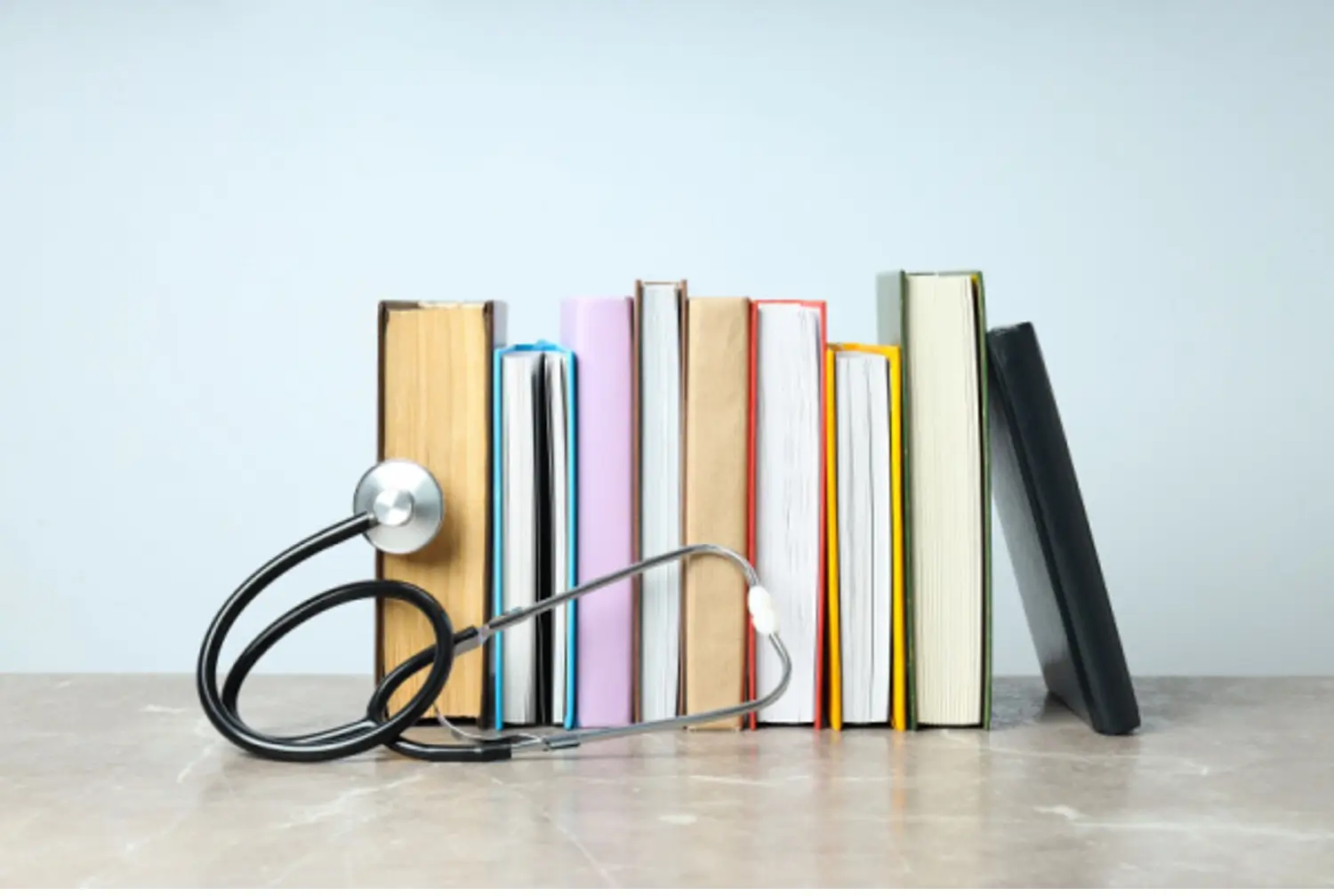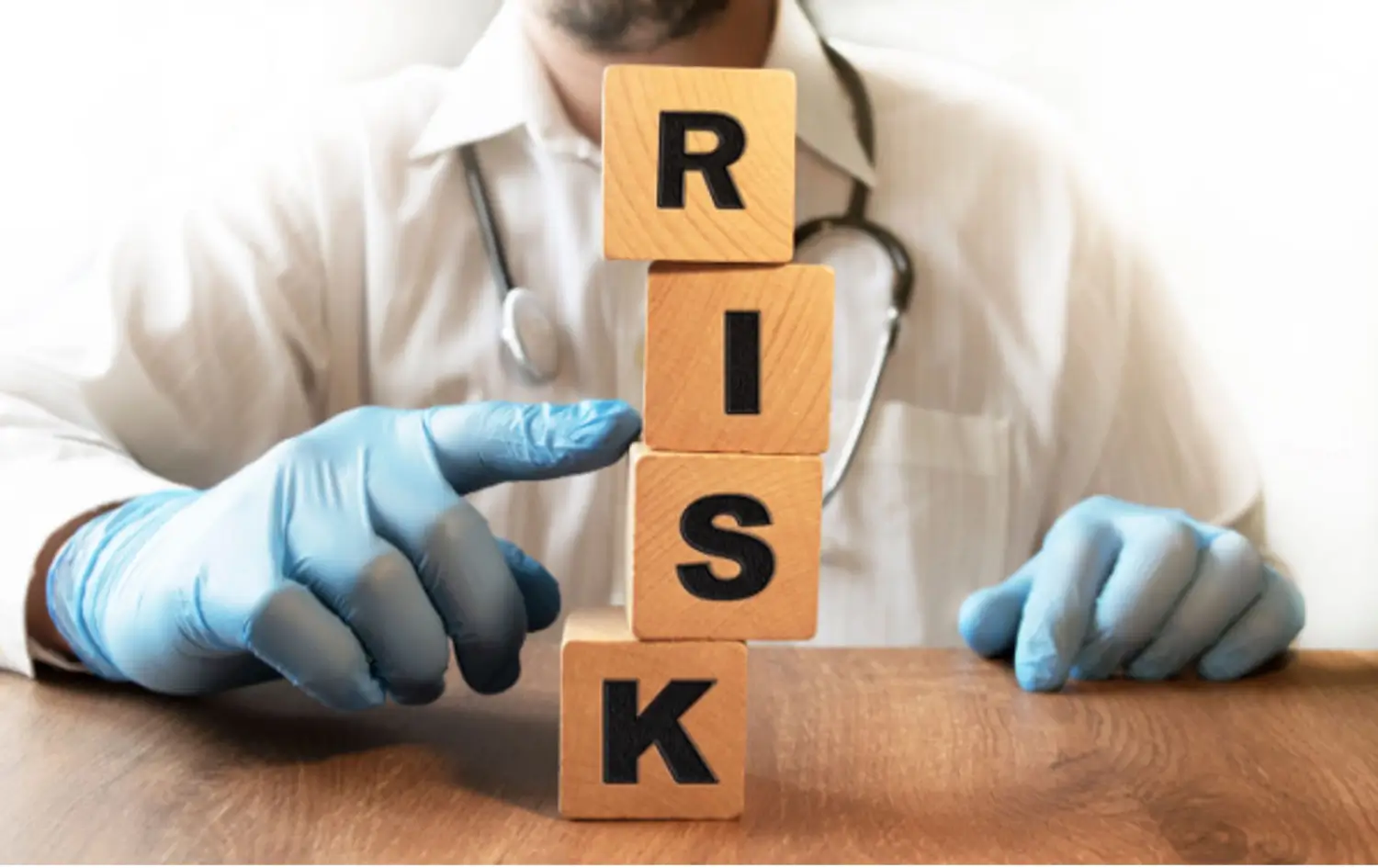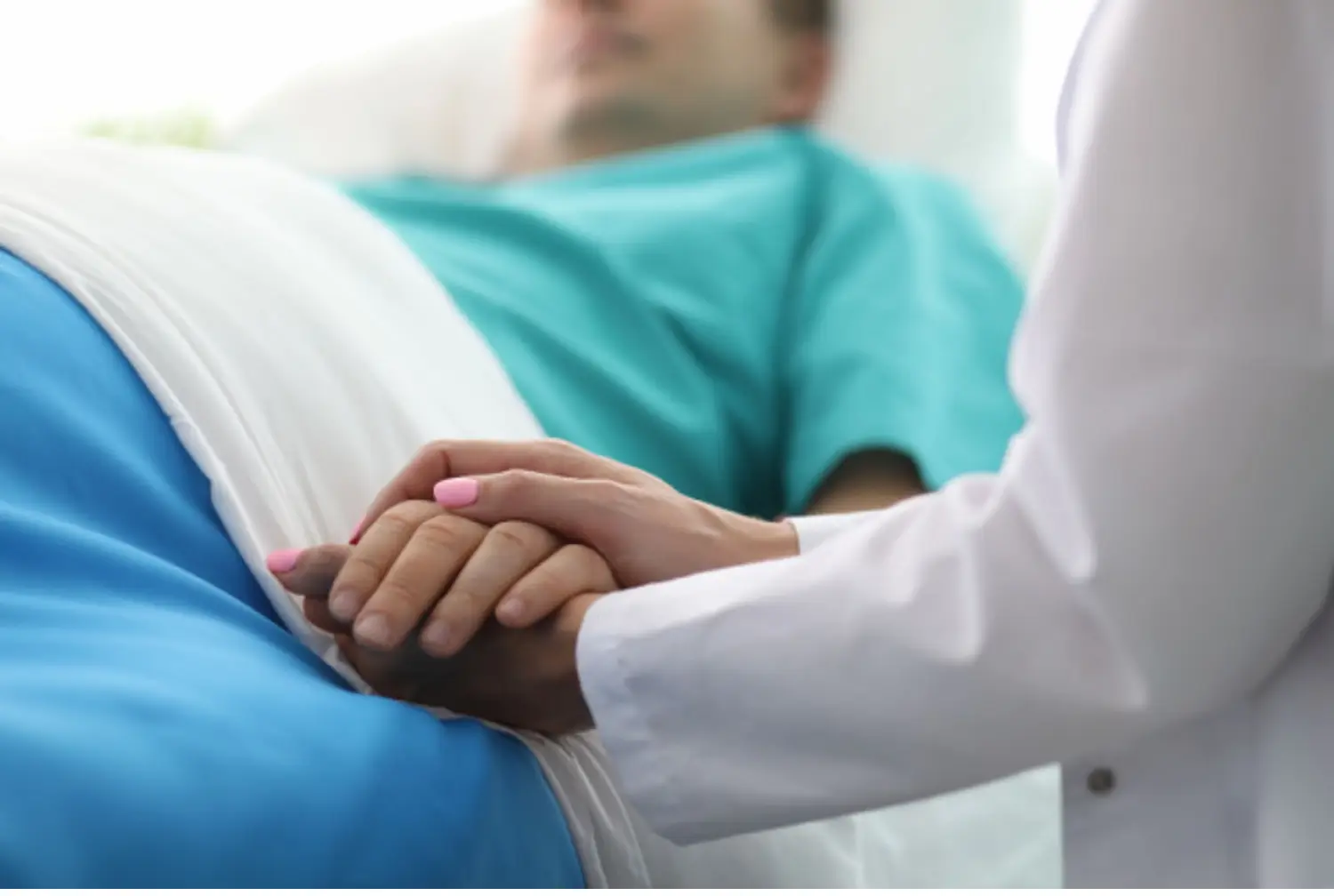Ibogaine Treatment for Opioid Addiction: Answers from an Expert
Ibogaine is a psychoactive substance derived from the root bark of the iboga plant of Central Africa. Ibogaine is currently being intensively studied because of its potential use as medication to treat opioid addiction.
Early research has shown some positive results. However, ibogaine is listed as a Schedule I controlled substance in the United States and is therefore illegal outside of minimal government-approved testing.
To get the most accurate and up-to-date information possible, we spoke with Genís Ona, a research coordinator at the International Center for Ethnobotanical Education, Research, and Service (ICEERS). Ona recently helped conduct a study on ibogaine’s anti-addictive effects and offers valuable insight on the topic.
Read on to learn more about ibogaine treatment, studies on its effectiveness, and the future it may have.
Understanding Ibogaine Treatment
Ibogaine is believed to work by impacting various neurotransmitter systems, particularly those involving serotonin and dopamine. Ibogaine also interacts with certain receptors in the brain that influence neural pathways associated with substance use disorders (SUDs).
“Ibogaine interacts with virtually all neurotransmitter systems associated with SUDs, correcting their dysfunctional activity and redirecting them away from drug dependence,” says Ona. “It functions like a multifaceted molecule, addressing various malfunctions in the brain associated with addiction. Furthermore, ibogaine’s effects are not limited to reducing cravings; it also appears to lessen tolerance and mitigate the severity of withdrawal symptoms.”
Taking ibogaine can cause many different effects, including:
- Psychedelic and hallucinogenic effects: Can be visual or auditory, known to be intense, immersive, and dream-like.
- Altered perception of time: Time may seem to move more slowly or irregularly.
- Emotional release and catharsis: Can bring about emotional or psychological insights, as well as release repressed emotions and traumas.
- Heightened sensory perception: Increased awareness of senses and sensitivity to stimuli.
- Introspective and reflective states: Deep introspection, self-reflection, and inner exploration that may confront unresolved issues or memories.
- Ataxia: Loss of muscle coordination.
- Reduction in drug cravings: An effect that is particularly strong with regard to opioids.
- Other effects: Tremors, nausea, and changes in blood pressure and heart rate.
How Effective Is Ibogaine Treatment for Opioid Addiction and Withdrawal?

Unlike many other addiction treatments, the effectiveness of ibogaine is still not well studied. Part of the reason that ibogaine studies are so difficult to conduct is that the drug is still illegal in the U.S., so testing opportunities are very limited.
Ona says some of the biggest challenges of studying ibogaine include:
- Ethical use and farming practices: Ensuring the Tabernanthe iboga plant is not being irresponsibly used or farmed, which is especially important because of its cultural importance in certain African communities.
- Screening: Screening all participants for potential health or safety risks.
- Profile complexity: Its complex pharmacological profile presents a significant challenge to the traditional way of designing and commercializing drugs.
- Limited funding and support: Traditional funding sources hesitate to support studies involving substance use disorders due to the significant social stigma attached to them.
“Additionally, proposing studies about substance use disorders using a Schedule I hallucinogenic substance from Africa is not an ideal scenario for starting a fundraising pitch meeting,” says Ona.
Because of these challenges, the studies that have been performed have a very limited number of participants, are observational, and/or are based on participants self-reporting their condition.
All of this adds up to potentially inaccurate study results. Even Ona says he remains “skeptical about the benefits of ibogaine” but looks forward to what future research could reveal.
Examples of Ibogaine Studies
As mentioned earlier, Ona helped conduct a study on ibogaine’s anti-addictive properties, which brought new light to the multitude of ways ibogaine could affect parts of the brain associated with addiction.
He’s currently in the middle of a new study, which is the first to explore the pharmacological effects of low doses of ibogaine. The lower dose (100 to 600 mg) is meant to help mitigate potential safety risks, specifically those related to ibogaine’s effect on the cardiovascular system. Ona says they’ve treated 17 patients so far, with 80 ibogaine sessions total, and none have reached the danger threshold set by the study’s team of cardiologists.
A different study examined withdrawal and cravings in 50 participants with an opioid use disorder. The study measured cravings and withdrawal symptoms for 48 hours before and after the administration of ibogaine. At 48 hours after the administration:
- 78% of patients did not exhibit objective signs of opioid withdrawal.
- 79% of patients reported minimal opioid cravings.
- 68% of patients reported subjective withdrawal symptoms in the mild range.
Another study from New Zealand measured addiction severity over 12 months following a single ibogaine treatment. The study found that those participants who completed all interviews showed a significant reduction in addiction severity after even a single ibogaine treatment.
However, a third study found that ibogaine has some potentially deadly side effects. The study found that at least 12 individuals of various ages and genders died of heart-related complications because of experimental ibogaine treatments.
It is clear that while ibogaine may show some promise as a treatment for opioid addiction, more research is necessary.
Risks and Safety Considerations

Although all medications and treatments are associated with some risk of side effects and complications, there are some major safety considerations when it comes to ibogaine.
According to Ona, people with the following conditions should avoid ibogaine treatment:
- History of cardiovascular issues
- Renal (kidney) issues
- Hepatic (liver) issues
- Serious psychiatric disorders (psychotic or bipolar disorders)
The single largest concern that exists regarding the safety of ibogaine is the drug’s potential to cause fatal cardiovascular complications. Ibogaine can cause significant changes in heart rate and blood pressure, which may lead to arrhythmias, heart attacks, and even sudden death.
“However, I must say that the commercialization of drugs is based on risk-benefit ratios,” says Ona.
“There are severely toxic drugs [that are] commercialized because they are able to provide a huge benefit (e.g., chemotherapy). In the case of ibogaine, even having some potential risks, the promise of beating drug addiction is a huge benefit as well that deserves further research.”
Other unpleasant or potentially dangerous side effects of ibogaine include:
- Hallucinations
- Altered states of consciousness
- Increased risk of accidental injury
- Ataxia or the loss of muscle coordination
- Nausea and vomiting
- Dehydration
- Electrolyte imbalances
- Seizures
Part of the reason that ibogaine side effects are so troubling is that the drug has a prolonged duration of action, with some effects lasting for 24 hours or more. This prolonged duration puts added stress on the body and mind.
Another challenge of ibogaine is that responses to the drug vary wildly from one individual to the next, to a significantly greater extent than is common among most drugs, meaning it is difficult to properly dose the drug.
An additional risk regarding ibogaine treatment is the illegality of the drug. Possession and distribution of ibogaine are illegal in the United States (and many other countries) and can carry significant jail time or other legal consequences. Although opioid use disorders are very serious problems, numerous other treatments have been proven to be effective and do not carry the risk of felony.
Who Offers Ibogaine Treatment?

Because ibogaine is illegal in the U.S., treatment options in the country are very limited. The only legal way to access ibogaine treatment in the U.S. is to take part in a government-sponsored and approved study. Ona suggests looking on clinicaltrials.gov, where only research institutions and hospitals are allowed to post.
However, ibogaine is legal in many other countries, or it is at least legal for use as an anti-addiction medication.
Examples of countries that allow ibogaine prescriptions and/or medically supervised treatments include:
- Australia
- Brazil
- Canada
- Germany
- Mexico
- New Zealand
- Portugal
- South Africa
Please be advised that there are always risks present whenever you seek treatment abroad. Many countries lack regulations or oversight regarding ibogaine treatment, which can result in unscrupulous practices, inadequate medical supervision, and a lack of safety protocols.
Similarly, many countries may present unsafe treatment environments, limited medical screening, and inadequate aftercare. Lack of regulations may also lead to financial exploitation, unrealistic claims and expectations, and limited accountability. There are also legal and ethical concerns, language and cultural barriers, travel logistics, and health risks to take into account.
If you do seek ibogaine treatment in a different country, it is imperative that you carefully vet clinics for safety and efficacy.
Ona says to look for a facility with trained medical staff who perform thorough psychiatric and physical screenings before treatment. He also recommends finding out what type of ibogaine will be used and if it will be administered in its pure form.
Additionally, you should try to verify:
- The facility has licensing and accreditation from appropriate local agencies
- The facility’s experience and reputation as an ibogaine treatment facility
- The facility’s safety protocols
- The treatment plans and aftercare provided by the facility
- Legal compliance with local and national laws
- Cost and payment methods
The Future of Ibogaine Treatment
Although ibogaine remains illegal in the United States with no accepted medical use, numerous organizations and entities, including ICEERS, are exploring ibogaine as a treatment method for opioid addiction and withdrawal.
One major example is the state of Kentucky, which is currently considering allocating millions of dollars in funds received as part of legal settlements against opioid manufacturers to ibogaine trials. The goal of the trials would be to see if the drug can be safely used and how effective it is.
Other examples of organizations investigating ibogaine treatment include colleges and universities, hospitals, rehab facilities, pharmaceutical manufacturers, nonprofit organizations, veterans organizations, and state and local governmental organizations. Because the opioid epidemic has touched so many segments of the U.S. population, many of the organizations conducting, sponsoring, or advocating ibogaine research are not primarily addiction-treatment- or opioid-focused.
Because there has been so little testing of ibogaine in the United States and because the deaths of participants have marred several prominent tests, it is difficult to predict the future of ibogaine treatment. However, as the opioid epidemic continues to worsen, more and more organizations are looking for anything that can help turn the tide, even if it carries its own risks. It is quite possible that ibogaine will become a viable treatment option in the near future.
Find the Help You Need Today
Although ibogaine treatment is currently illegal in the United States, there are still many different available treatments for opioid addiction. Do not lose hope.
At Legacy, we know how devastating opioid addiction can be and have developed detox, rehab, and aftercare programs to address the specific challenges of this disease.
Our program aims to heal the mind, body, and spirit so you feel whole and stable in your sobriety. We offer inpatient, outpatient, and aftercare services, so you’re supported every step of the way.
Call 888-534-2295 to speak with a treatment staff member about how we can help you overcome opioid addiction and start on a path to a new and better life.
Ibogaine Treatment FAQs
How does ibogaine treatment help with opioid dependence?
While a number of studies have indicated that ibogaine reduces or eliminates cravings for opioids and reduces other withdrawal symptoms, it is unclear exactly how ibogaine does this. It is known that ibogaine impacts various neurotransmitter systems, especially those involving serotonin and dopamine. It has been theorized that ibogaine might reset neuroadaptations that fuel addiction and cravings, that it helps the brain to reorganize itself, and/or that it facilitates personal insights and emotional understanding.
Are there any risks or side effects associated with ibogaine treatment?
There are a number of risks and side effects associated with ibogaine treatment, some of which can be fatal. By far, the biggest risks associated with ibogaine treatment are the cardiovascular side effects of the drug. Ibogaine can dramatically increase heartbeat and blood pressure, which can lead to heart failure, heart attack, sudden death, and other complications. Ibogaine can also cause potentially fatal seizures. Other less serious side effects of ibogaine include:
- Accidental injury
- Altered states of consciousness
- Ataxia
- Dehydration
- Electrolyte imbalances
- Hallucinations
- Nausea
- Vomiting
Are there any recommended ibogaine treatment centers or clinics?
Currently, there are no recommended ibogaine treatment centers or clinics in the United States. That is because ibogaine is illegal in the U.S., and there is no recognized medical purpose for the drug. It is sometimes possible to participate in a government-approved study, but these are held rarely. There are ibogaine treatment centers in many other countries, such as Australia, Mexico, and the Netherlands, but traveling abroad for treatment always carries risks.
Is ibogaine treatment a guaranteed solution for opioid dependence?
Ibogaine treatment is not a guaranteed solution for opioid dependence. For one thing, there are no guarantees when it comes to opioid dependence. The underlying causes and motivations behind opioid use are extremely complicated, and everyone has a very large number of unique biological, psychological, and situational factors that influence the effectiveness of opioid addiction treatment. For another, ibogaine is considered a highly experimental treatment. There have not been many studies conducted on the drug, and most of those conducted suffer from serious limitations, such as a small sample size.
Sources
- University of California, Davis Health. (n.d.). The Efficacy of Ibogaine Use in Opioid Disorder Compared to Buprenorphine.
- National Library of Medicine. (2018). Changes in Withdrawal and Craving Scores in Participants Undergoing Opioid Detoxification Utilizing Ibogaine.
- National Library of Medicine. (2017). Ibogaine Treatment Outcomes for Opioid Dependence from a Twelve-Month Follow-Up Observational Study.
- National Library of Medicine. (2017). Subjective Effectiveness of Ibogaine Treatment for Problematic Opioid Consumption: Short- and Long-Term Outcomes and Current Psychological Functioning.
- National Library of Medicine. (2015). The Anti-Addiction Drug Ibogaine and the Heart: A Delicate Relation.
- Time. (2021). Inside Ibogaine, One of the Most Promising and Perilous Psychedelics for Addiction.
- Forbes. (2023). Kentucky Summit to Explore Ibogaine Treatment for Opioid Use Disorder.
- Federal Register of Legislation (Australia). (2023). Therapeutic Goods (Poisons Standard—July 2023) Instrument 2023.
- Forbes. (2022). You Can Now Get Ibogaine-Based Addiction Treatment in A Hospital Setting in Brazil.
- Government of Canada. (2017). Notice – Prescription Drug List (PDL): Multiple Additions.
- John Martin Corkery. (2018). Chapter 8 – Ibogaine as a Treatment for Substance Misuse: Potential Benefits and Practical Dangers.
- Casa Santa Isabel. (n.d.). Licensing and Permits.
- Drug Science. (2021). Are Psychedelics Legal in the Netherlands?
- Deborah Mash. (2022). IUPHAR – Invited Review – Ibogaine – A Legacy Within the Current Renaissance of Psychedelic Therapy.
- ICEERS. (n.d.). Ibogaine Treatment and the Global Overdose Epidemic.



